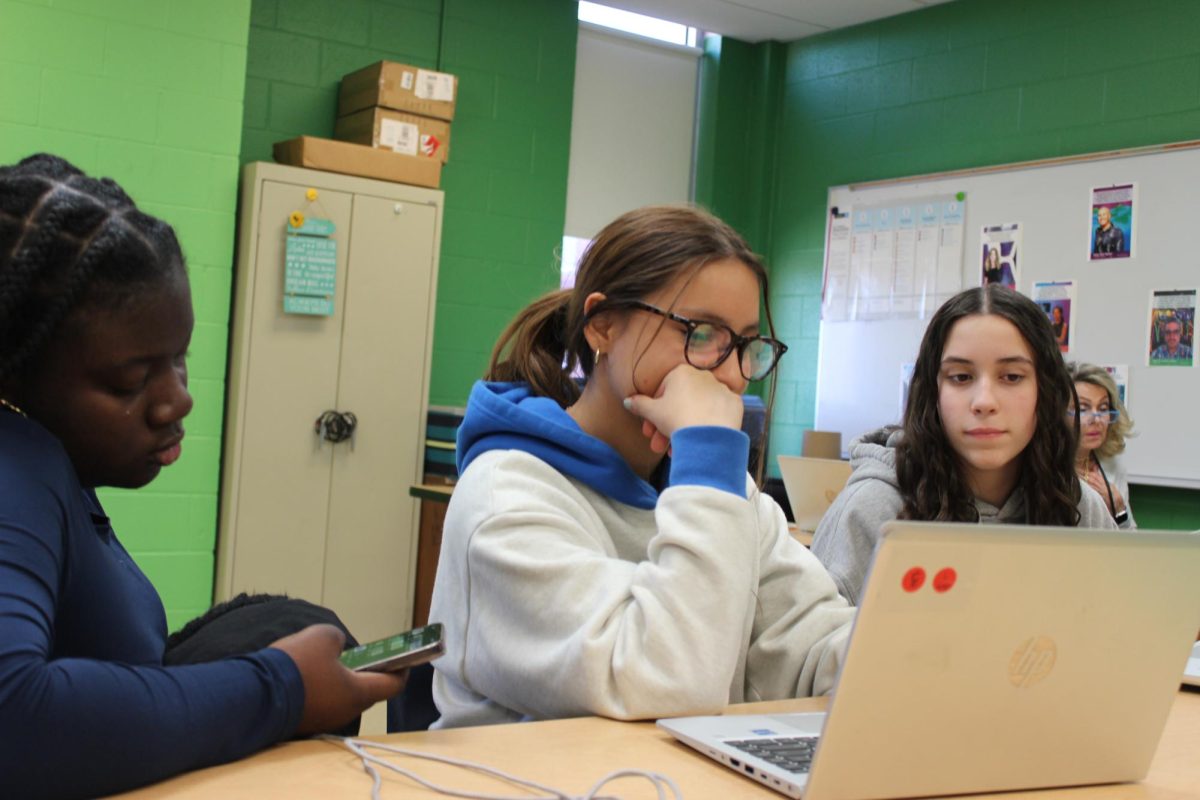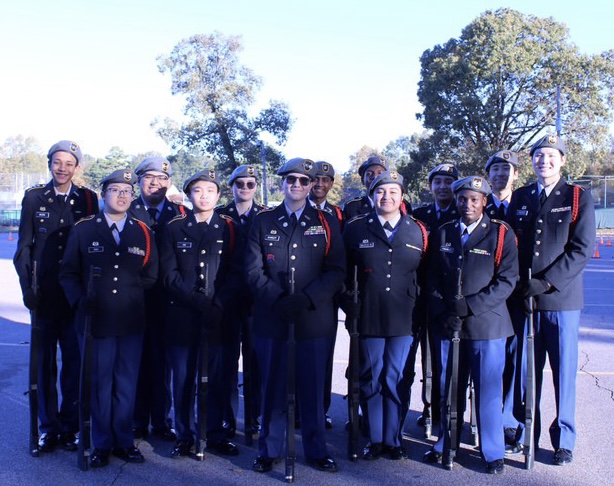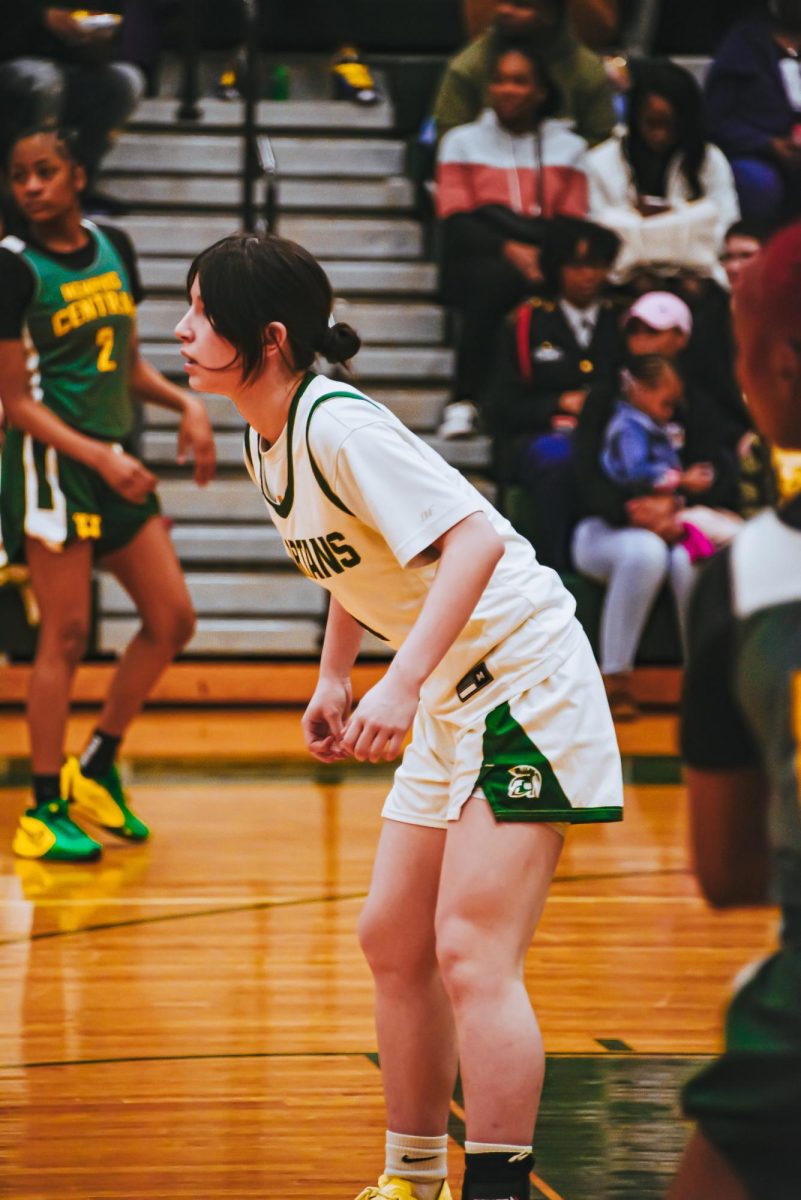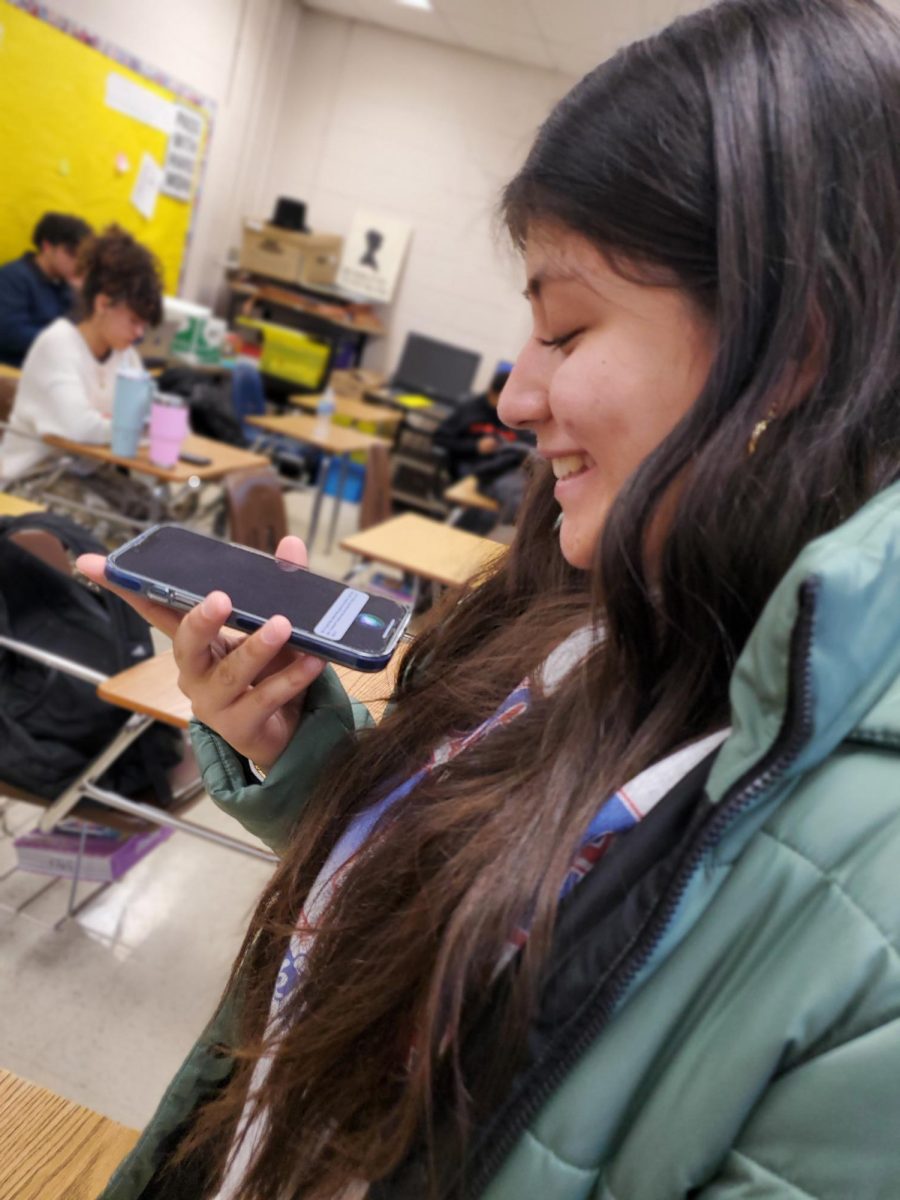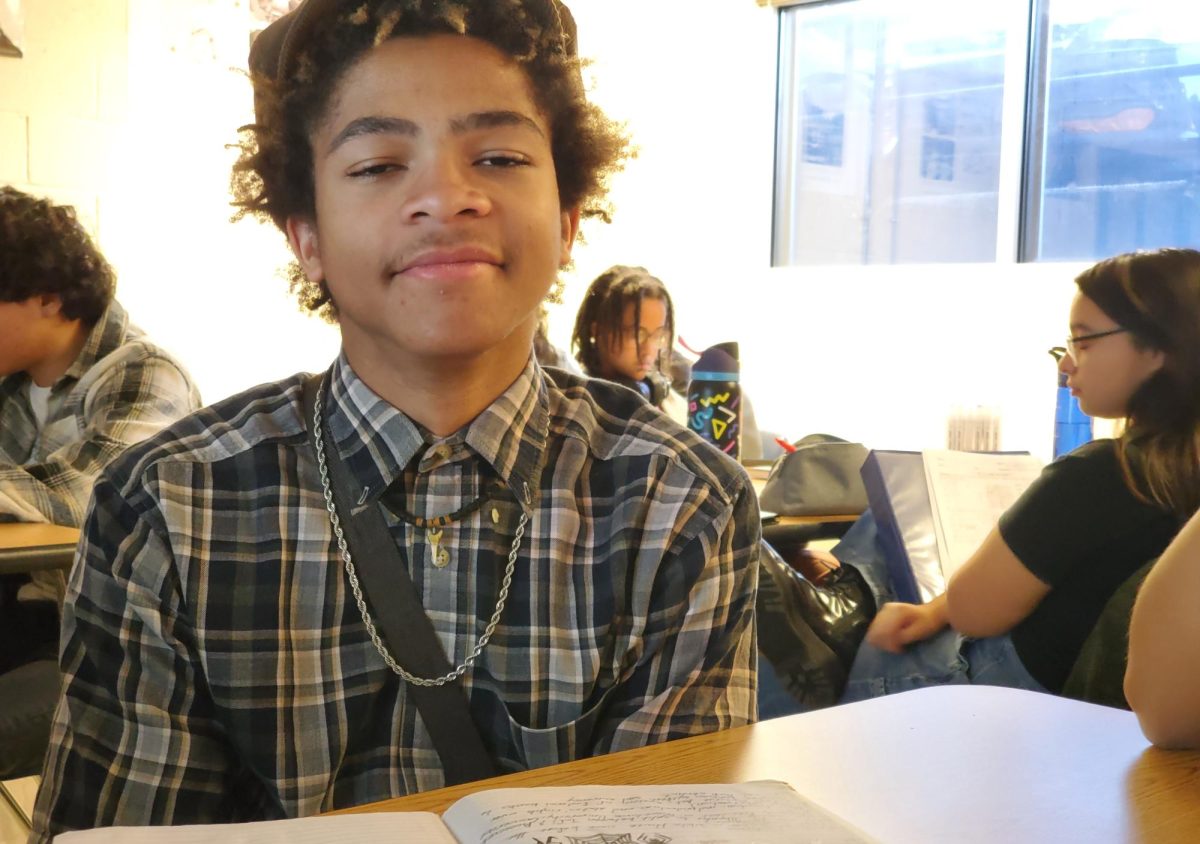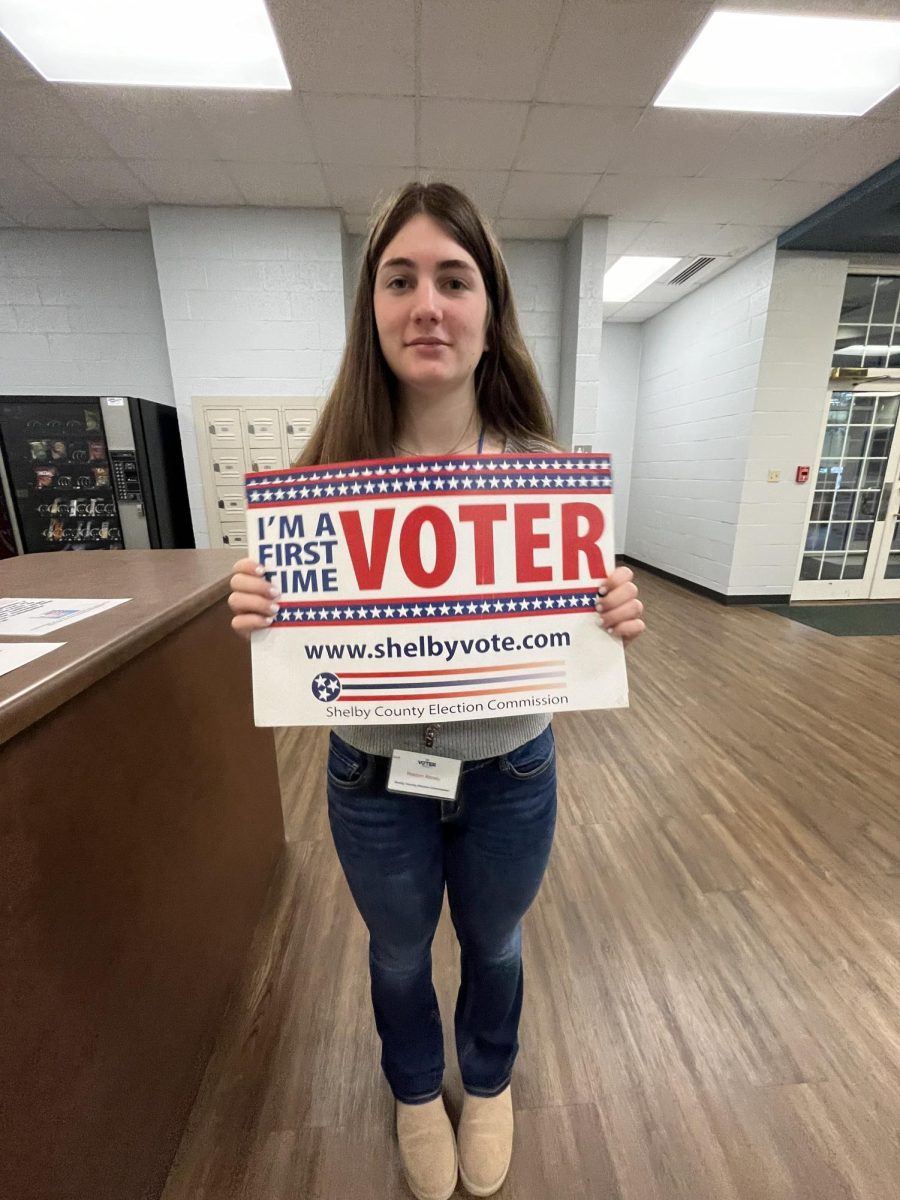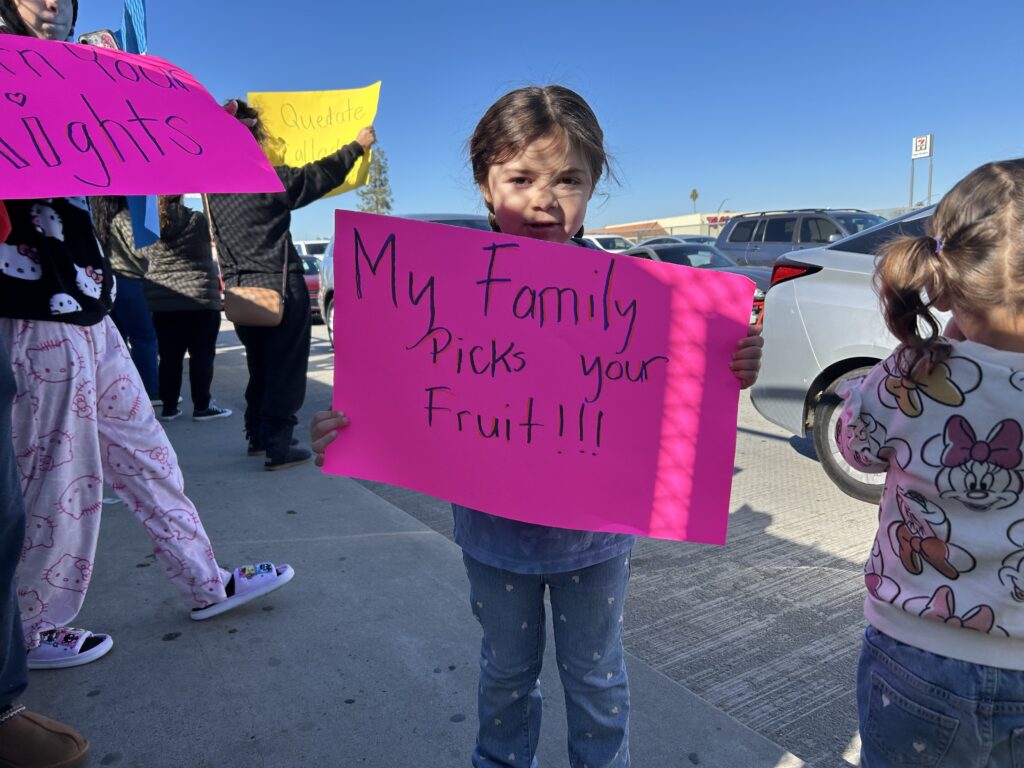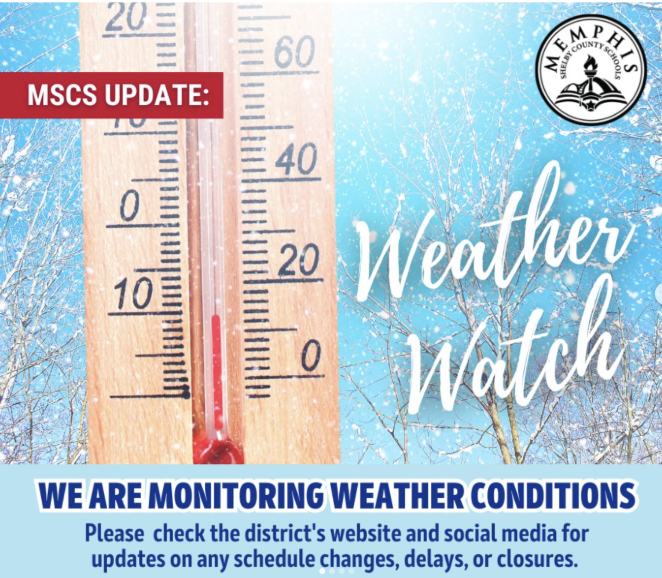
There once was a kid who liked watching movies. In these movies, high school events such as prom and homecoming were portrayed to her as exhilarating and ethereal once-in-a-lifetime opportunities. But then she grew up. Tired from a long week of nonstop homework and exhausting extracurriculars, she forgot about the movies, skipped her senior prom and continued with her life as usual, not regretting her decision at all.
For some students, the excitement of these school events has been prevalent since they were young. This resulted in high expectations being built, which sometimes led to many students being disappointed. The disappointment was often blamed on Executive Board (E-Board) for the lack of communication between student government and the student body.
“The [football homecoming], a lot of people actually came … but I think [students] were kind of disappointed from the decorations or [because] we didn’t follow their expectations,” Student Council president Madelyn Golden (11) said. “I feel like for our school, we have a lot of expectations, and I will say from E-Board, we have sent out a lot of forms where we ask ‘What do you expect from us?’, but students from here don’t participate [as much] in those things.”
Recently, there has been a decrease in the participation in many school events, such as prom, homecoming, volunteer opportunities, etc. In the past, tickets to these events would be sold out, however, it sounds as if not enough tickets are being sold. The reason may not come as a surprise to many, as students have expressed their differing views on the decisions made about school events. Golden shares her opinions on the issue.
“I think students nowadays, they just really don’t care about school events, they would rather hang out with their friends outside of school or something,” Golden said.
There are varying reasons why there has been a decrease in the popularity of school events, from understanding the purpose of the event to executing the event. In order for a school event to perform well, Golden believes that school events need to be promoted properly to the student body.
“I think the number one thing is advertisement … showing examples [of the event] would be really good ,” Golden said. “Like I said, for the Spring Fling, that was the main reason why people didn’t come, the advertisement and also the weather.”
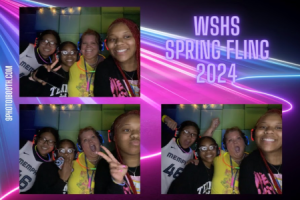
(TRACY DUCKWORTH//USED WITH PERMISSION)
The planning behind school events also plays a major role in attendance. If activities are poorly planned, then fewer students are willing to participate in the following ones. Many students argue that if they were directly involved with the planning of an event, then it would be more likely to succeed.
“I feel like there has been a decrease in student popularity because there isn’t actual student interaction [between the students and] E-Board. No one really knows what’s going on behind the scenes and what events they are planning,” Memri Nelson (10) said. “And then, when the event [does] come out, no one wants to attend because that’s not something they genuinely want to do.”
A lack of school spirit has accumulated throughout the years. Many students have noticed a difference in school spirit between the Class of 2023 and the Class of 2024.
“Compared to last year, of course, a lot of [school spirit] falls upon the upperclassmen,” Nelson said. “I remember last year that group of those seniors during spirit week, they were [interesting]. And now it feels like there’s no seniors participating, and it’s only the underclassmen … who want to participate.”
At the beginning of the school year, many students complained to E-Board about homecoming themes and how the spirit days they selected were not chosen to be the actual spirit days. This caused a lot of issues with the attendance of E-Board’s planned school events as students attempted to rebel against E-Board and host their own spirit weeks. However, a common misconception within the student body was that the E-Board changed the spirit of the days when, in fact, it was the administration trying to make school events more appropriate for students.
“[Administration] limits a lot of the stuff we do. I get it, but then, I don’t. I mean, we’re in high school,” Nelson said. “They are literally adults, and there are students here, and that’s what takes away student participation [from school events] because they are treating us like we are in middle school.”
Student involvement is a catalyst for the success of an event. Golden hopes that in the future, there will be better communication from both the E-Board and the student body to ensure satisfaction for everyone.
“Times have changed now to where everyone wants to do their own thing. So it’s really hard to [figure out] what we can do to increase [student involvement],” Golden said. “So all I can say are forms, and ask [for] help from [students] and try to see what their feedback is from each event.”








